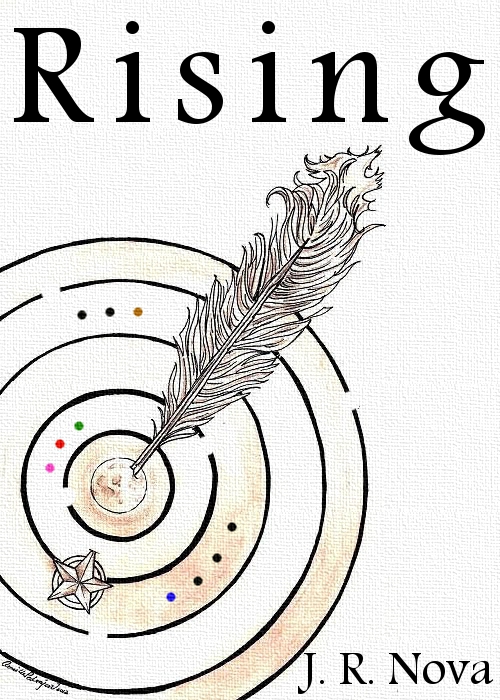“Inside Out: A Personal History of
Pink Floyd” by Nick Mason
I thoroughly enjoyed this one. “Inside
Out” is a personal look at the evolution of Pink Floyd by drummer
Nick Mason. Not only is it interesting and educational, but the
writing was flawlessly succinct. (I could really write this on how
well edited the book was, and how easy it was to read.)
I have always imagined Pink Floyd
using psychedelics to perfect their psychedelic sound. It made sense
to conclude that. Listening to them certainly seemed to channel
another realm of human experience.
But the musicians in Pink Floyd weren't
acid-dropping star gazers, an image I couldn't relate to in the first
place because I'm not a drug user. They were hardworking, their music
growing out of their constant experiments rather than a fog of chemicals,
their ambition and consistency grounded in their middle-class
background and college education.
Though none of them actually finished
college (Mason, Wright, and Waters had met in architecture school),
they used what they learned, mixing
technical expertise with free expression: the freedom
to create a sound unhindered by technique, with the order of
design.
They were self-taught musicians who
felt comfortable wandering away from known paths. Mason remarks late
in the book that they eventually stopped playing the song “Echoes”
live because the younger musicians they played with in the late 80s
were too accurate, too inhibited by their professional training.
Though they certainly partook in drugs
occasionally—Alcohol mostly, some marijuana, and Richard Wright's
cocaine addiction—no one died. No one overdosed. No one was so high
that they couldn't perform.
It was refreshing (and ironic) to find
that the band most thought of as psychedelic didn't divine their
sound from psychedelics, but from a mix of hard work and play.
I appreciated this fact deeply. Pink
Floyd was no fluke or accident. A lot of hard work and
careful planning—with a heavy dose of free spirit—went into the
albums they made. Their songs were borne from consistent effort to
find perfection rather than from listless tinkering. Because I am not
a drug user, I could not relate to the false image I had of the band,
even though I enjoyed their music. But knowing the truth, I now
realize that their process is repeatable. I personally can strive for
what they strove for. We are on the same field.
Like all bands, fame didn't come easy
and keeping it together at the top was more difficult. Their “best
musician” as Nick Mason called their first lead guitarist left the
band before they really got started, and their second lead guitarist
and singer went crazy partly as a consequence of their growing fame,
but also as a result of getting caught in the drug culture the others avoided.
They cut their teeth in the mid-60s in
London clubs and Freak Outs, but while their fans watched on
in starry-eyed wonder, tripping on drugs, high on the music and the
light show, Pink Floyd was, according to Mason, too ambitious to pay
attention to the lifestyle around them (except for Syd Barrett). They
were working class, they were dedicated to making it as musicians,
motivated by what they played and the reaction they got from those
listening.
Syd Barrett unfortunately and
inevitably succumbed to the lifestyle of the people around the band.
Once they lost their lead singer and guitarist, they had to regroup,
take on a new guitarist (David Gilmour) and point themselves in
another direction, slightly away from the psychedelic scene and more
toward an instrumental focus. Perhaps into the heart of the sun, as
they would, within ten years, find themselves at the top of the
world.










